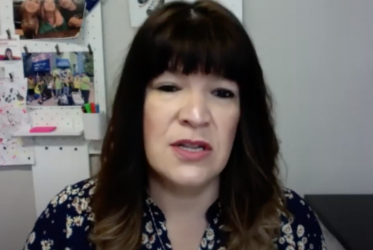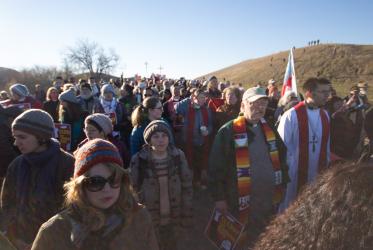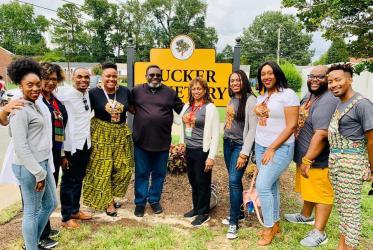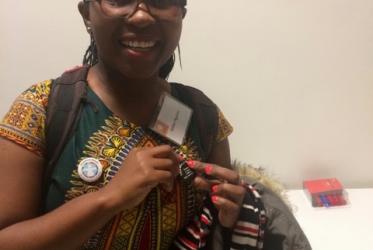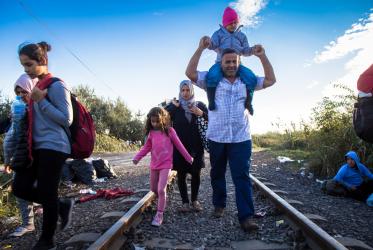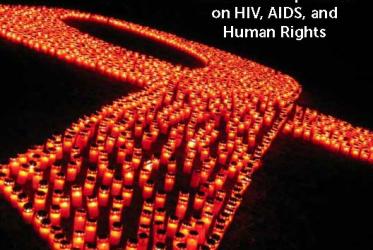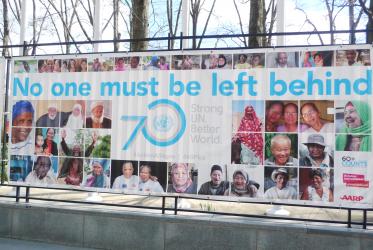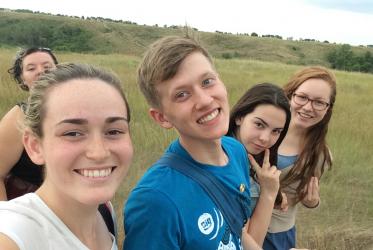Displaying 1 - 20 of 21
Dr Saïd Ailabouni: God is on the side of rejected, oppressed, occupied
12 September 2019
Pan African Women of Faith issue fervent Call to Action
20 November 2018
Ecumenical Christians act now to tackle US racism
04 April 2018
"We have our work cut out for us"
10 August 2017
Keeping the Faith in Development: Gender, Religion and Health
20 September 2016
Salvation Army Auditorium, New York City, United States
Religious leaders as agents of peace in the Americas
02 March 2016
